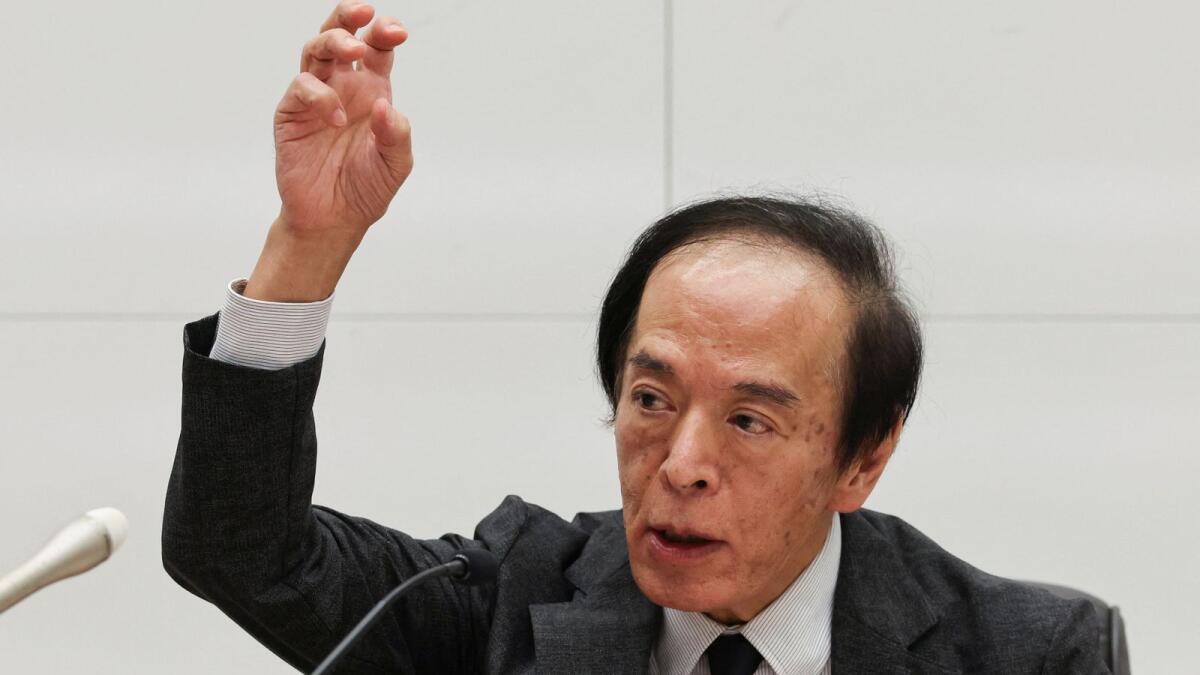The Bank of Japan Governor Kazuo Ueda recently announced that the central bank is not in a hurry to raise interest rates further and is closely monitoring financial markets and overseas economies to set monetary policy. Ueda emphasized the importance of studying service-price data for October and revealed that the BoJ will wait until at least December to consider a rate hike. The central bank’s next policy meeting is scheduled for October 30-31, during which they will review growth and inflation forecasts.
Ueda reiterated the BoJ’s commitment to raising rates if inflation accelerates towards the 2 per cent target, but cautioned about risks such as volatile financial markets and uncertainties surrounding the US economy. He emphasized the importance of conducting policy in a timely and appropriate manner without a pre-set schedule. Ueda also highlighted the reversal of the yen’s one-sided declines since August, which has lowered the risk of an inflation overshoot by moderating import prices.
The BoJ’s focus has shifted towards global economic growth and yen appreciation affecting Japan’s export-oriented economy, moving away from inflationary concerns. Ueda’s recent remarks align with those made after the BoJ’s policy meeting where short-term rates were kept steady at 0.25 per cent. While domestic economic conditions remain stable with rising wages supporting consumption, Ueda underscored the need to monitor overseas risks, particularly the impact of US interest rate hikes by the Federal Reserve.
Financial markets are still somewhat unstable according to Ueda, who stressed the necessity of monitoring market developments closely. The BoJ’s decision to end negative interest rates in March and raise short-term rates in July marked a significant shift from their long-standing stimulus programme aimed at boosting inflation and economic growth. Japan’s rate-hike cycle contrasts with other central banks that are cutting rates after tightening monetary policy aggressively due to high inflation.
The Federal Reserve recently implemented rate cuts after soft labour market data, adding to the global uncertainty surrounding interest rates. Despite this, Japan’s core consumer inflation has accelerated for four consecutive months and remains above the BoJ’s 2 per cent target, keeping expectations alive for further rate hikes. Ueda’s cautious approach to monetary policy reflects the central bank’s commitment to promoting sustainable economic growth while navigating a complex global landscape.





















